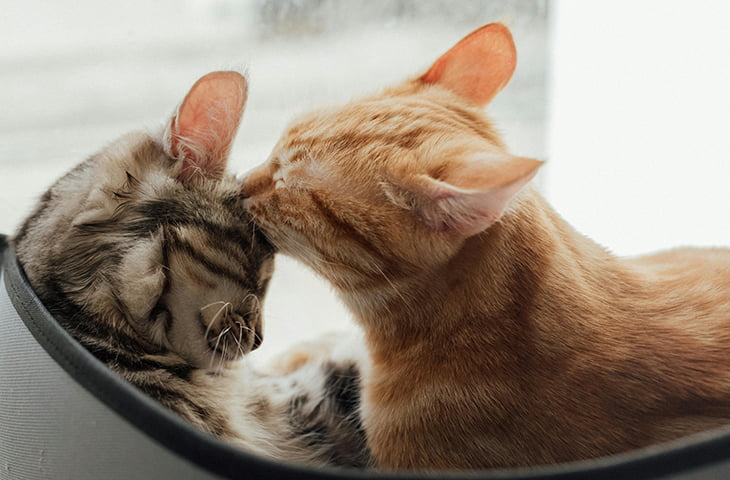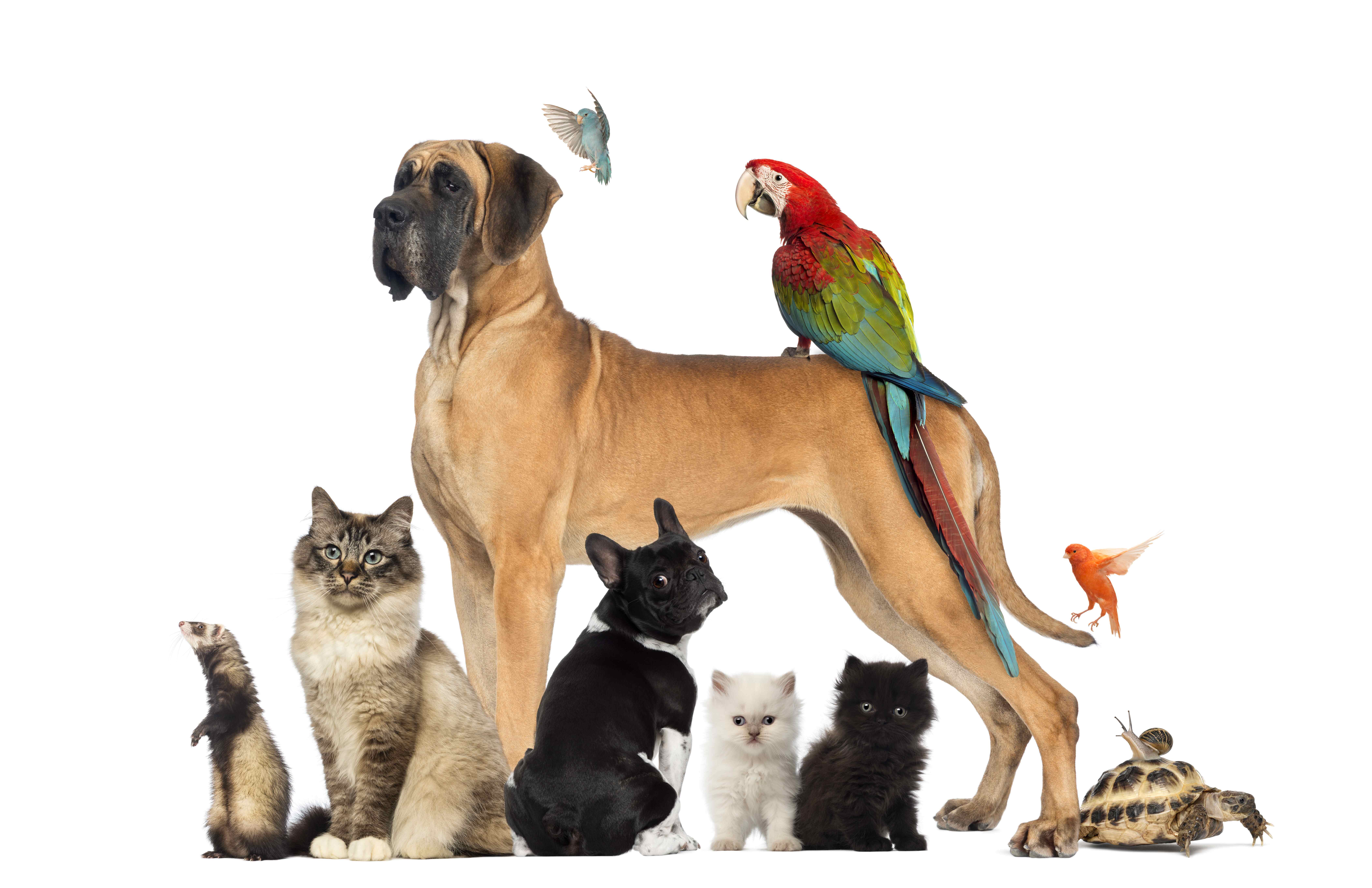Toxic Levels Of This Nutrient Is Shockingly Common In Pets — And Potentially Fatal

9.05 BW Nonlead
https://www.barkandwhiskers.com/2018-01-07-nl-pets-optimal-vitamin-d-levels/
https://www.barkandwhiskers.com/p/4d86a764-ae65-472b-8ae1-8dba1e7e5283/
By Dr. Karen Shaw Becker
As most of you are probably aware, vitamin D deficiency has been linked to a long list of diseases in humans, and many pet parents are starting to ask questions about optimal vitamin D levels for animal companions. In addition, in recent years studies have revealed links between low levels of vitamin D and a number of diseases in cats and dogs, including congestive heart failure, neoplasia, kidney disease, infectious illnesses, IBD and feline oral resorptive lesions (FORL).1
For example, a study from Cornell University's College of Veterinary Medicine and determined that vitamin D may play a role in congestive heart failure (CHF) in dogs similar to the part it plays in human heart disease.2 The Cornell researchers compared blood levels of vitamin D in dogs with CHF and healthy dogs.
The dogs with congestive heart failure had lower blood levels of vitamin D than the dogs without heart disease. The researchers also noted that, as with humans, low blood levels of vitamin D were linked to poor survival rates in the dogs.
In another study, researchers at the University of Edinburgh's Royal (Dick) School of Veterinary Studies in the U.K. evaluated blood samples from 99 cats admitted to the University's Small Animal Hospital with life-threatening conditions.3 Among the values checked was the level of vitamin D at the time of admission. The researchers discovered that kitties with significantly higher levels of vitamin D in their blood had better survival rates 30 days after admission than cats with lower levels.
Many Pets May Be Getting Too Much Versus Too Little Vitamin D
While vitamin D and disease studies in pets are enlightening, the animal research and veterinary communities still have much to learn about optimal blood levels of vitamin D in dogs and cats and how best to achieve them.
An important study published in 2014 established optimal ranges for vitamin D in dogs at 100 to 120 ng/mL;4 however, a range has yet to be established specifically for cats, so we're currently using the 100 to 120 ng/mL for both. We also haven't yet figured out how to quickly raise serum 25(OH)D levels in pets, since supplementing at high levels doesn't seem to do the trick (and it could be dangerous).5
To confuse matters further, the problem with vitamin D and cats and dogs has historically been one of "too much of a good thing" versus insufficiency. Vitamin D is fat-soluble, meaning your pet's body absorbs it in the same way dietary fats are absorbed, and excess amounts are stored in the liver.
According to Dr. Cailin Heinze, a Tufts University board-certified veterinary nutritionist, "Excessive vitamin D is typically introduced into commercial foods by formulation or production error."6 And unfortunately these errors have happened repeatedly, as evidenced by a number of pet food recalls.
Dogs and cats can also ingest too much of this nutrient when well-intentioned owners supplement their pets' diets with vitamin D tablets, pills, liquids or multivitamins containing D. Other avenues of intoxication not pet food-related include the ingestion of rodent bait and commercial skin creams containing high levels of vitamin D. Symptoms of vitamin D toxicity can include:
Excessive drooling |
Abdominal pain |
Vomiting (sometimes with blood) |
Dark tarry feces |
Loss of appetite |
Weight loss |
Increased thirst and urination |
Constipation |
Weakness |
Muscle tremors |
Depression |
Seizures |
Vitamin D toxicity is a very serious and potentially life-threatening emergency that requires immediate veterinary intervention. After accidental ingestion of a compound containing vitamin D, the first 72 hours are crucial in saving the animal's life.
Preventing Hypervitaminosis D in Your Pet
Most commercial pet food formulas contain at least the Association of American Feed Control Officials (AAFCO) minimum recommended amount of vitamin D, through amounts found in pet food ingredients plus the addition of a vitamin D supplement.
There has been some controversy over how well synthetic vitamin D is absorbed and utilized by the body, as well as how the body reacts and responds to synthetic nutrients, in general. But for commercial pet food to be labeled as nutritionally complete and balanced, most manufacturers add a synthetic form of vitamin D.
If you prepare a homemade diet, food sources of vitamin D (which can be hard to find in adequate amounts), include halibut, sardines, salmon and other fish. Cheese, yogurt or kefir, liver and free-range eggs contain some vitamin D, but contrary to popular belief, none of these food sources contain enough D to meet minimum nutrient requirements for most carnivores. The best source of vitamin D for homemade diets is cod liver oil (but it's also high in vitamin A).
In addition, dogs and cats can't derive adequate levels of D from exposure to sunshine, unlike some other mammals. Because it can be challenging to meet optimal vitamin D levels for immune health, supplementation may be unavoidable in a D-deficient diet (which most homemade diets are).
I don't recommend additional vitamin D supplementation above and beyond feeding a balanced diet, unless blood tests show your pet is deficient, and then retesting is very important. I have all too often seen pet parents discover their pets are deficient in vitamin D, begin supplementation and then not recheck levels. This is a problem, because I've seen many situations in which the deficiency corrects itself quickly and the risk of hypervitaminosis D becomes real.
So to summarize this confusing topic, commercial processed diets can run the risk of containing excessive levels of D. If you feed one of these diets, you should be familiar with the symptoms of toxicosis, and you should not supplement with additional vitamin D unless blood tests confirm your pet is deficient.
Homemade diets can be too low in D, and each animal's ability to absorb and utilize the vitamin D in any diet is variable. If you want to make sure your pet has optimal levels of this important hormone-vitamin, ask your veterinarian to check blood levels at your next visit.
Comments (12)


